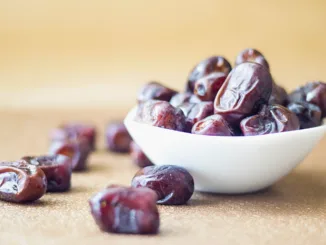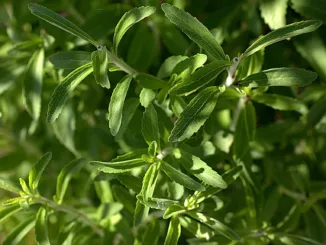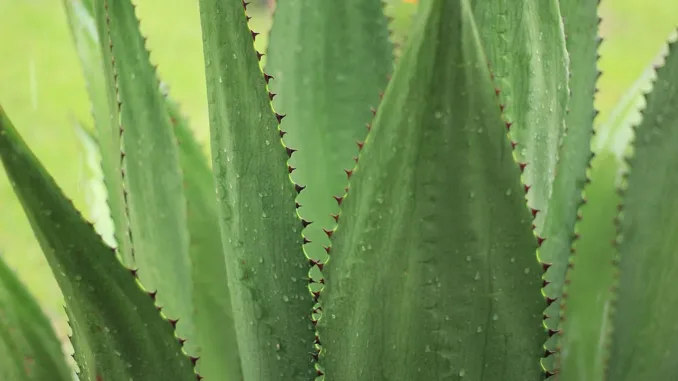
Agave has become an increasingly popular sweetener in the coffee industry. But is it as environmentally friendly as people claim it to be?
BY EMILY JOY MENESES
BARISTA MAGAZINE ONLINE
Featured photo sourced via Pixabay
In recent years, you may have noticed an increase in demand for “alternative sweeteners” like agave. While today, the nectar serves as a go-to for vegans and the health-conscious, agave has been an integral part of indigenous American traditions for hundreds of years—something that we shed light on in part one of this article. Today, in part two, we’re diving into the environmental discussions surrounding the ingredient, with the hopes of uncovering whether the rise in demand is sustainable or not.
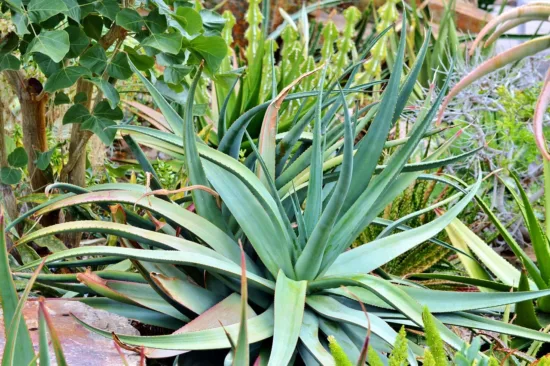
Beyond the Surface
Today, many consumers tout agave as an “environmentally friendly” ingredient, pointing to the fact that the plant requires little watering. Many also cite it as a “harm-free” sweetener compared to honey, as no animals are involved in its production. However, a closer look shows that there are some concerns when it comes to agave farming.
One of the most important things to consider is over-harvesting: It takes several years for agave plants to mature, and harvesting too many too quickly to meet consumer demands can cause a threat to the plant’s long-term viability. To keep up with the market, many farmers have turned to faster-growing varieties, but this may eventually lead to a “monoculture” of agave—a threat to biodiversity.
While it’s true that agave is a drought-friendly plant, these other points are important to consider when discussing the sustainability of the agave industry.
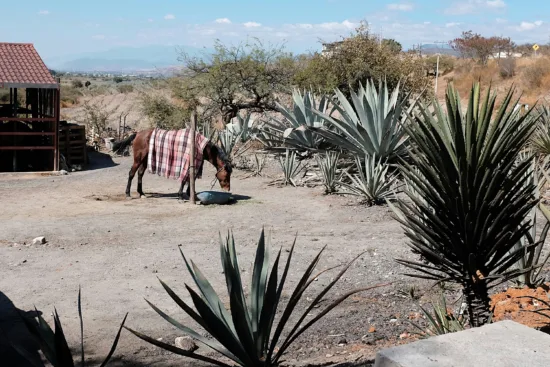
Responding to Concerns—Sustainable Farming Methods
Amidst environmental concerns, sustainability-minded agave farmers are responding in a variety of ways. Some regenerative agricultural practices include crop rotation, cover cropping, and minimal tillage, all of which help promote soil health, preserve biodiversity, and enhance the resilience of agave crops. Farmers are also increasingly turning to circular agricultural practices, often using recycled water to nourish their plants.
This article by Annelise Jolley cites how brands like the cooperatively owned mezcal company Banhez are combating deforestation in the agave industry by paying farmers to leave portions of their fields unharvested, helping to prevent over-harvesting.
By better understanding the agave plant’s natural life cycle and incentivizing sustainable farming methods, agave producers can continue to cultivate agave while preserving ecological balance in the surrounding environment.
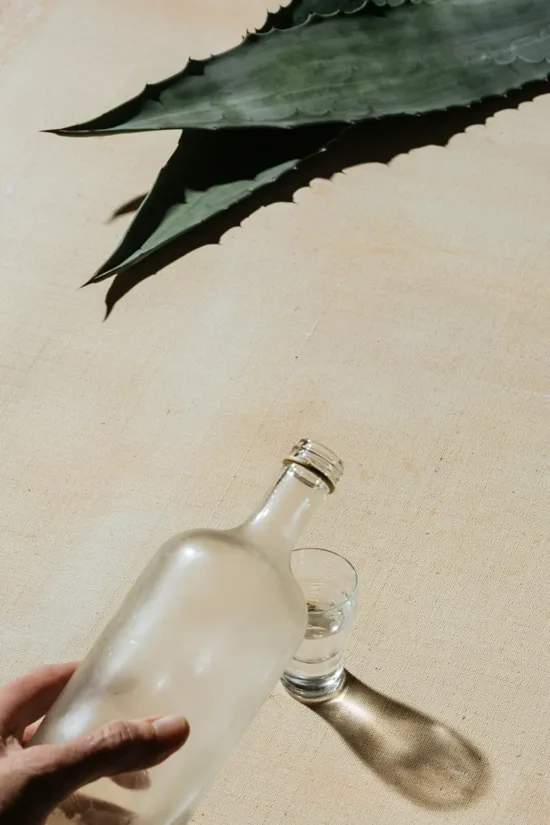
What We Can Do
As consumers and business owners, we can choose to prioritize organic and fair-trade products, while staying educated on the environmental pros and cons of each ingredient we choose to work with. While there’s no “right” answer, using our ingredients with awareness is a positive step toward creating a more environmentally conscious industry.
In future installments of “Know Your Sweeteners” we’ll discuss other sweetener options and dive into their unique flavor profiles, health benefits, and environmental effects. Stay tuned for more.
ABOUT THE AUTHOR
Emily Joy Meneses (she/they) is a writer and musician based in Los Angeles. Her hobbies include foraging, cortados, vintage synths, and connecting with her Filipino roots through music, art, food, and beverage.
Subscribe and More!

Out now: It’s the December 2023 + January 2024 issue! Read it for free with our digital edition. And for more than three years’ worth of issues, visit our digital edition archives here.
You can order a hard copy of the magazine through our online store here, or start a subscription for one year or two.


